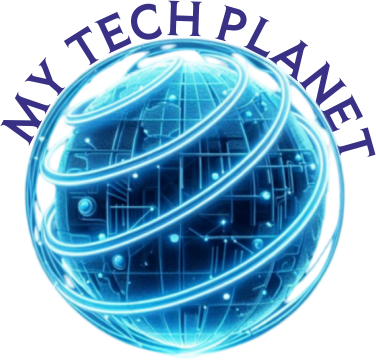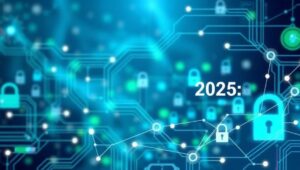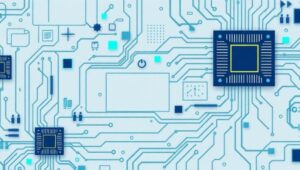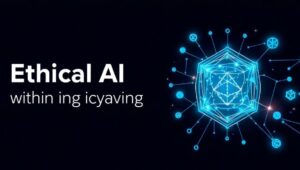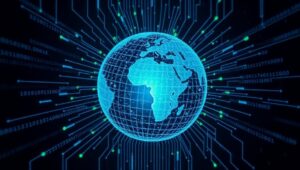June 1, 2025
Digital Sovereignty and its Impact on Software Development (2027)
Digital Sovereignty and its Impact on Software Development (2027) Digital sovereignty, the concept of a nation’s ability to control its digital infrastructure, data, and online activities, is poised to significantly reshape the landscape of software development by 2027. This article examines the multifaceted impacts of this trend on software development practices, technologies, and the overall global software ecosystem. The Rise of Digital Sovereignty: An Overview Fueled by concerns over data privacy, national security, and economic competitiveness, governments worldwide are increasingly implementing policies aimed at achieving digital sovereignty. These policies often include data localization requirements, stringent cybersecurity standards, and preferences for
